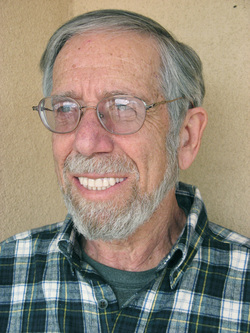
This was 2004. And 2007. And 2009. Etc. etc. etc. Finally in 2013, I told my teacher: “This is my year of the pirouette.” I was absolutely determined; I would master it, come what may!
Today, I still can’t do a decent pirouette.
For me, that was the hardest thing I ever tried to do in my life. Except for writing a novel.
The point here is how easy something can look from the outside—until you try to do it on the inside. Continually, I’ve learned in the publishing business, people feel, “I’ve read novels all my life. Of course I know what it takes.”
But that’s from the outside!
I’m doing a pirouette. When do I rise en pointe? (Or even demi-pointe?) When does my arm close? How far? When does my toe rise to knee? What’s the angle of my leg? Where should my weight be? And where does the momentum come from?
I’m writing a novel. How can my plot grab the reader? Do my characters grow and change? Have I smoothly blended background and narrative? Does my dialog sound like people really talk? And what point of view am I telling this in anyway?
For all you writers out there who think you know instinctively what it takes to make a novel work, I’m saying: Take a class; take a course. (Or maybe even two or six.)
As the poobah of manuscript vetting for Terra Nova Books, it’s clear to me that far too many people believe their natural intelligence plus knee-jerk and gut instinct will suffice. Wrong!
Certainly I’ve heard often enough about exceptions—authors who write wonderful books off the top of their head, so to speak—that I can’t call it impossible. But for the other 99 percent, any worthwhile novel is intrinsically far too complex, with far too many moving parts, for this kind of shortcut to succeed.
As a norm, people don’t want to hear this. Increasingly, the culture around us proclaims that doing it the easy way (whatever “it” happens to be) is the goal we should all be shooting for. And indeed that can sometimes pay off—all it takes is setting your sights low enough.
The options are clear: You can spin round and round like a top on your toes; you can write a story readers can’t put down. Or, doing either or both, you can fall flat on your face.
In the competition for world’s dumbest aphorism, “What I don't know can’t hurt me” is certainly a leading contender. In a publisher’s workaday world, it’s continually saddening to see this point emphasized so repeatedly by the manuscripts crossing my computer screen.
Simply put, too many would-be novelists have thought it unnecessary to learn basic information about the craft they are undertaking. And as a result, they’re wasting an immeasurable amount of time, energy, and emotion over many many months and years.
If this might be you, please consider the many options out there to learn the rudiments of planning, plotting, structure, setting, character, conflict, etc., etc. Look beyond your old English teacher, the proofreader next door, your cousin the tech writer. You'll be the one who gains from it—and your readers.

 RSS Feed
RSS Feed

